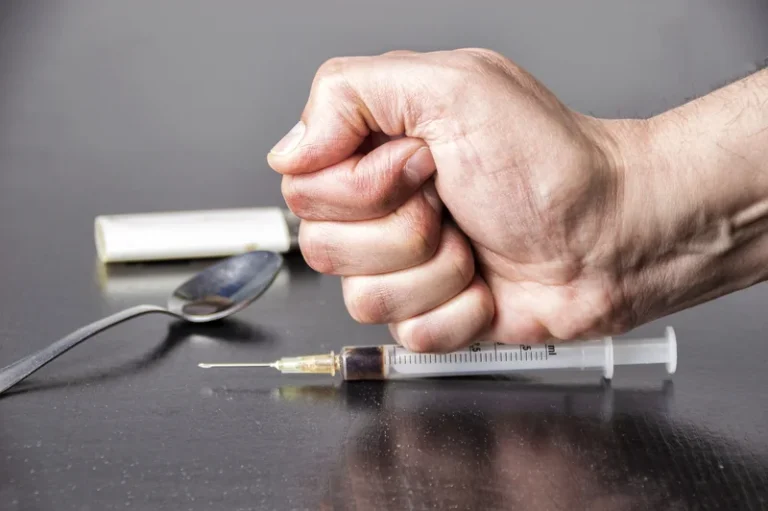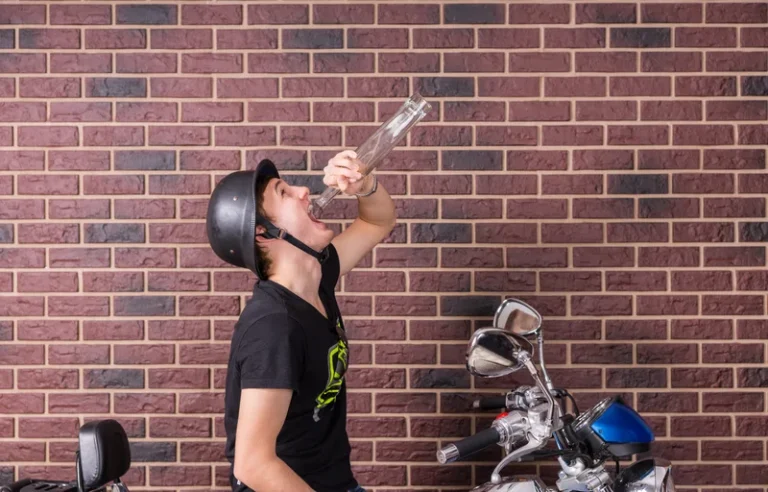Steven Tyler’s vocal injury postpones more Aerosmith shows Los Angeles Times
“As you know, Steven’s voice is an instrument like no other. He has spent months tirelessly working on getting his voice to where it was before his injury.” The group had already been on what was billed as a final outing — the “Peace Out… Farewell Tour” — when their road trips came to a halt after what turned out to be a final gig in Elmont, NY on Sept. 9, 2023. That fateful farewell show came just three dates into that tour, which was supposed to last through February 2024, before the group postponed — and now, finally, canceled — all the remaining dates. Steven Tyler damaged his vocal cords just as Aerosmith launched its Peace Out farewell tour, resulting in the band rescheduling six shows for 2024.
The L.A. Times 2024 holiday gift guide
- When the farewell tour was postponed after three shows last September, at the time a statement from the band said, “Unfortunately, Stevens vocal injury is more serious than initially thought.
- Maroon 5 hasn’t touched on the cheating allegations surrounding frontman Adam Levine, but announced that it will make Las Vegas its home in 2023.
- That was a mystery,” Liv told her dad while the two celebrities met in Schuylerville, New York.
- This April, they had announced rescheduled tour dates, which were to have begun in mid-September and run through the end of February 2025.
The new dates are Jan. 29 in Detroit; Feb. 14 in Chicago; Feb. 17 in Washington D.C., Feb. 21 in Toronto; Feb. 26 in Raleigh, North Carolina and Feb. 29 in Cleveland, according to the Instagram announcement. The Grammy Award winning group thanked their “Blue Army” for supporting them over the years, adding, “Some of you have been with us since the beginning and all of you are the reason we made rock ‘n’ roll history.” Concert industry publication Pollstar ranks the band at No. 31 on its “Top Touring Artists of the Pollstar Era” chart, which measures acts based on gross ticket sales between July 7, 1980, and July 1, 2022. Aerosmith’s gross draw for that time, it said, is $603 million. “Steven’s voice is an instrument like no other,” it said in its announcement.
Sean Combs Denied Bail for a Third Time
PHILADELPHIA — Aerosmith has postponed a half-dozen dates on their farewell tour because frontman Steven Tyler injured his vocal cords during a performance, Tyler announced Monday. The band has announced they have postponed some of their “Peace Out” tour dates in light of lead singer Steven Tyler suffering a vocal cord injury. Tyler, 75, had previously announced that he had injured his vocal cords during his last show with the band on Sept. 9 in Belmont, N.Y., preventing him from performing for the next 30 days. “His doctor has confirmed that in addition to the damage to his vocal cords, he fractured his larynx which requires ongoing care,” Aerosmith said in a September post. “He is receiving the best medical treatment available to ensure his recovery is swift, but given the nature of a fracture, he is being told patience is essential.”
Steven’s vocal injury happened while performing a show with Aerosmith in September, which led the band to postpone remaining shows on their farewell tour. Aerosmith, one of rock’s top-selling acts, announced the end of its touring days Friday, saying that lead singer Steven Tyler’s vocal injury has proven to be enduring and that he’ll never fully recover. Aerosmith recently announced the rescheduled dates for their Peace Out tour, and Tyler’s performance with the Black Crowes seemingly signals he’s ready to return to the road.
More to Read
Aerosmith frontman Steven Tyler has fractured his larynx, forcing the band to postpone its remaining tour dates until next year. As you know, Steven’s voice is an instrument like no other,” the band said in Friday’s statement to fans. LOS ANGELES (AP) — Aerosmith says Steven Tyler’s voice has been permanently damaged by a vocal cord injury last year and the band will no longer tour. “We are grateful beyond words for everyone who was pumped to get on the road with us one last time.
Aerosmith is a Rock & Roll Hall of Fame inductee and a four-time Grammy winning band. In addition to Tyler, its members are Joe Perry, Brad Whitford, Tom Hamilton and Joey Kramer. Christie D’Zurilla is an assistant editor for entertainment news on the Fast Break team. A graduate of USC, she joined the Los Angeles Times in 2003 as a copy editor, started writing about celebrities in 2009 and has more than 34 years of journalism experience in Southern California.
Grateful to our expert crew, our incredible team and the thousands of talented people who’ve made our historic runs possible. A final thank you to you — the best fans on planet Earth. A final thank you to you – the best fans on planet Earth. Things turned around in the early Eighties when Tyler went to rehab and the original band reformed, but he relapsed a handful of times in subsequent Salvia Effects Physical and Psychological Effects of Salvia years. In 2009, he fell off the stage at a show in Sturgis, South Dakota and severely injured himself.
“It has been the honor of our lives to have our music become part of yours,” the group declared in a social media post that reads like a farewell statement. The statement explained frontman Steven Tyler, whose “voice is an instrument like no other,” is still dealing with the aftermath of a vocal cord injury he suffered last year. Aerosmith has canceled a second consecutive concert because of lead singer Steven Tyler’s current illness, the band said Sunday on social media. The group—including members Tom Hamilton, Joe Perry, Brad Whitford and Buck Johnson—shared that “despite having the best medical team by his side. Sadly, it is clear, that a full recovery from his vocal injury is not possible.” Aerosmith has canceled some of the band’s residency dates in Las Vegas as frontman Steven Tyler seeks rehabilitation treatment.
PHILADELPHIA (AP) — Aerosmith has postponed a half-dozen dates on their farewell tour because frontman Steven Tyler injured his vocal cords during a performance, Tyler announced Monday. “We’ve seen him struggling despite having the best medical team by his side. Sadly, it is clear, that a full recovery from his vocal injury is not possible,” it said. “We have made a heartbreaking and difficult, but necessary, decision — as a band of brothers — to retire from the touring stage.”
Aerosmith have pushed back the start of their Las Vegas residency by three months so Steven Tyler can complete a drug treatment program. According to a statement by the band, he recently relapsed following a foot surgery. The iconic band behind hits like “Love in an Elevator” and “Livin’ on the Edge” posted a statement Friday announcing the cancellation of remaining dates on its tour and provided an update on Tyler’s voice.
When the farewell tour was postponed after three shows last September, at the time a statement from the band said, “Unfortunately, Stevens vocal injury is more serious than initially thought. The lead singer of the Boston-based band suffered vocal cord damage while performing at a concert in September, and initially said that he couldn’t sing for the next 30 days. But days later, Aerosmith announced it had to postpone its farewell tour until “sometime in 2024” because Tyler’s injury was “more serious than initially thought.”
169 total views
















